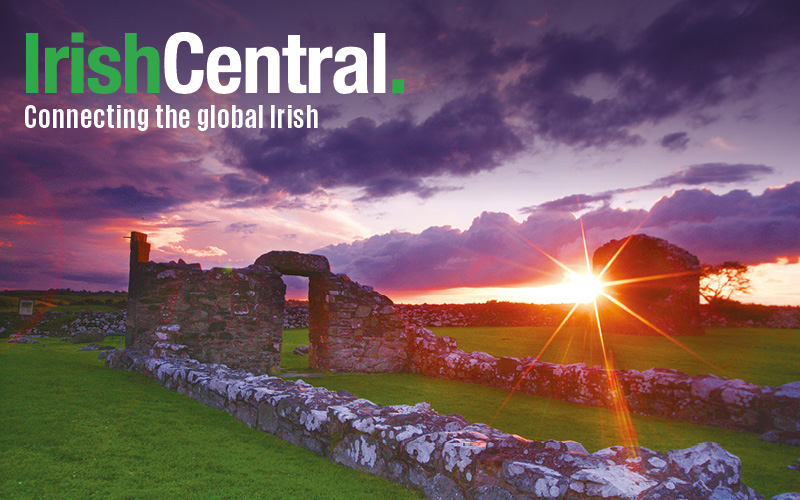In his first major work since being elected, Pope Francis condemned capitalism as the “new tyranny” and urged global leaders to fight poverty and growing inequality.
Expanding on views he has expressed in his sermons, Pope Francis criticizes both the global economic system and the “idolatry of money” and calls on politicians to guarantee all citizens “dignified work, education and healthcare.”
In "Evangelii Gaudium" (“The Joy of the Gospel”) issued on Tuesday, the Pope calls on the rich to share their wealth. “Just as the commandment ‘Thou shalt not kill’ sets a clear limit in order to safeguard the value of human life, today we also have to say ‘thou shalt not’ to an economy of exclusion and inequality. Such an economy kills.”
Pope Francis also seeks for an overhaul of the financial system, reports the Business Insider. He calls on leaders to reform the financial system and base it on ethics which "would make it possible to bring about balance and a more humane social order." The inequality of the system we have now "engenders a violence which recourse to arms cannot and never will be able to resolve."
Writing in his own simple style, he said, “As long as the problems of the poor are not radically resolved by rejecting the absolute autonomy of markets and financial speculation and by attacking the structural causes of inequality, no solution will be found for the world’s problems or, for that matter, to any problems."
He seeks God's help in finding new political leaders. “I beg the Lord to grant us more politicians who are genuinely disturbed by the state of society, the people, the lives of the poor.”
Economic inequality is one of Pope Francis’ top concerns.
Pope Francis chose the name of St. Francis of Assisi, a medieval Italian saint who willingly chose a life of poverty. Francis lives in a Vatican guest house instead of the Apostolic Palace and travels in a Ford Focus. Last month he suspended a bishop for spending millions of dollars on his residence.
The pope said the hierarchy of the Church “also need to hear the call to pastoral conversion” and the renewal of the Church could not be put off. He said, “I prefer a Church which is bruised, hurting and dirty because it has been out on the streets, rather than a Church which is unhealthy from being confined and from clinging to its own security.”




Comments